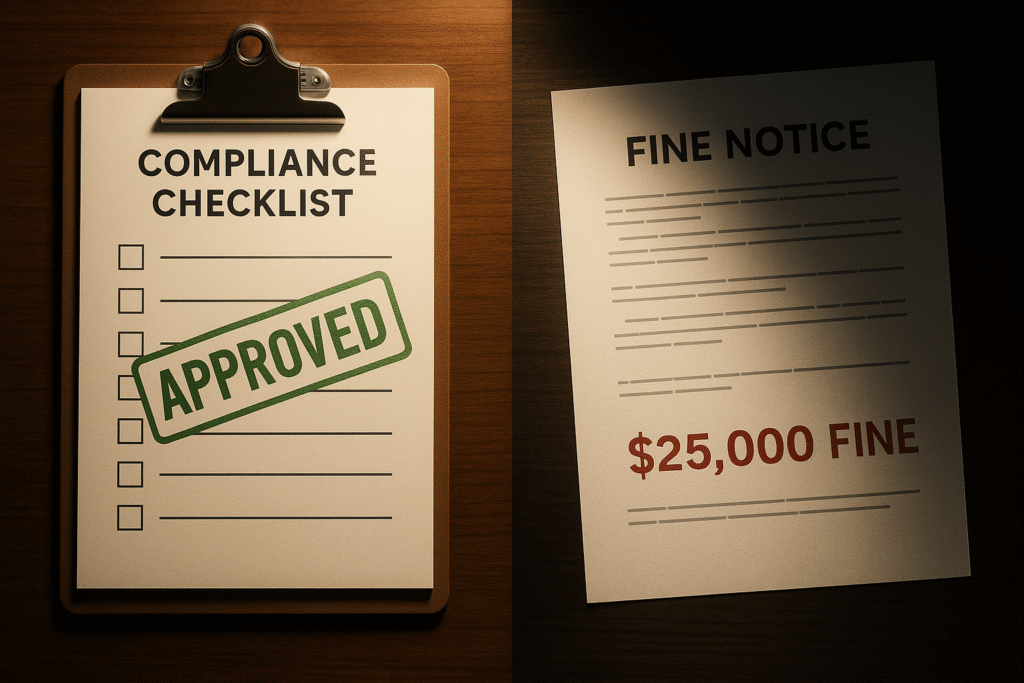Table of Contents
Liquid Asset: Augusta Rebate Rates That Turn Grease Into Cash
Grease Connections serving Augusta, Columbus, and Macon report rebate bands of $0.20–$0.50 per gallon for water free oil in 2025. Georgia’s state average sits near $0.28/gal, but high volume restaurants that empty tanks before rain and install screen filters consistently land in the upper third of that range. A 140 seat fried chicken spot producing 110 gallons a week can pocket $1,144 to $2,860 a year with zero capital outlay.
Operators who adopt smart level sensors negotiate floor price clauses that protect margins when biodiesel futures dip. One Broad Street owner sums it up: “It’s the rare line item that cuts waste and writes me a check.”

Counting Every Drop: Turning Volume Into Predictable Payouts
Grab last month’s fryer log and multiply total gallons by today’s posted rate (check your hauler’s portal at noon prices update with heating oil futures). For Augusta, every extra 2 % of water in the tote can shave 3 ¢/gal off the rebate, so schedule pickups when tanks reach 85 % capacity, not full.
Kitchens that switch from open drums to sealed bins see theft and evaporation drop below 1 %, adding another $150 to $300 yearly. Track the credit on the same sheet you use for cooking oil purchases; the net cost per fry cycle often falls by 8–12 ¢ once rebates are visible. Done monthly, this simple worksheet tells you and the owner exactly when the program hits breakeven.
Hidden Savings: Grease Trap and Plumbing Costs Drop Too
Augusta restaurants pay $325 to $1,040 every time a 1,000 gallon outdoor interceptor is pumped. By diverting more oil to recycling, many extend service intervals from four weeks to six or eight, saving $975 to $2,080 a year. Emergency clog calls often priced at $450 after hours fall sharply once traps stay under the “25 percent rule.” A local sushi bar that paired monthly oil pickups with quarterly jetting saw a 34 % decline in plumbing work orders over six months, freeing maintenance budgets for front of house upgrades. Oh and smell complaints from Riverwalk tourists disappeared, a reputational win no spreadsheet captures.

Compliance Math: Dodging Augusta’s $1k a Day Penalties and State Caps
Augusta Richmond County’s Sewer Use Ordinance authorizes civil fines of up to $1,000 per violation, per day for FOG breaches. Repeat offenders can face criminal charges and water service severance. Georgia EPD statutes escalate to $25,000 per day when illegal discharges hit state waters or groundwater. Inspectors cross check your trap volume with manifest records from approved haulers so missing paperwork is a red flag. Keeping a signed pickup log beside the trap cover satisfies both local utilities and insurance auditors, converting a compliance risk into a paper shield.
Insurance & Reputation: The Quiet Line Item Most Owners Miss
Commercial policies often restrict sewer backup payouts to $5k–$10k if the loss stems from “lack of maintenance.” Industry advisories warn that claims are routinely denied when grease blockage is cited as the trigger. Documented oil recycling and trap service prove “due diligence,” preserving full limits and speeding reopenings after storms. One Augusta café avoided a $12k out of pocket bill last summer because its manifest file showed pickups every 14 days insurer paid in full. Bankers now ask for those logs during SBA loan renewals, making compliance paperwork part of your credit package.
Real World ROI Calculator: Riverwalk Grill, 2024 25
| Metric | Before Program | After 6 Months | Net Impact |
|---|---|---|---|
| Oil rebate (avg $0.29/gal) | $0 | $566 | +$566 |
| Pump out spend | $2,080 | $1,040 | +$1,040 |
| Emergency plumbing | $600 | $0 | +$600 |
| Compliance fines | $0 | $0 | $0 |
| Annualized ROI | $0 | $0 | +$2,206 |
Getting to Positive Cash Flow: The Augusta Playbook
First, audit your fryer output for four weeks photo every tote on pickup day to verify actual gallons. Next, collect three written bids from haulers that service Augusta, specifying per gallon floors, pickup cadence, and moisture deduction formulas. Finally, upload each manifest to the Utilities Department’s online FOG portal within 48 hours; the auto timestamp satisfies inspectors and keeps your insurance file current. Operators who follow this rhythm hit breakeven inside five months, then treat rebates as a de facto fryer oil discount.









